Conversations
Blog series on current law and religion topics

This series provides comparative interdisciplinary analysis of indigenous spirituality and the legal challenges involved in its protection on national and international levels.
Posts in the Series:
Christine Venter. “Sacred Stuff”: Indigenous Religions in Post-Apartheid South Africa
Cecilia Titizano. “You Cannot Harm Your Brother”: Indigenous Rights in a Pluriversal World
Michalyn Steele. Recent Developments in U.S. Free Exercise Jurisprudence for Native American Religion
Dana Lloyd. Religious Freedom, Indigenous Sovereignty, and Oak Flat
Jeremy Patrick. By Sufferance, Not by Right: Indigenous Spirituality and Religious Freedom in Australia
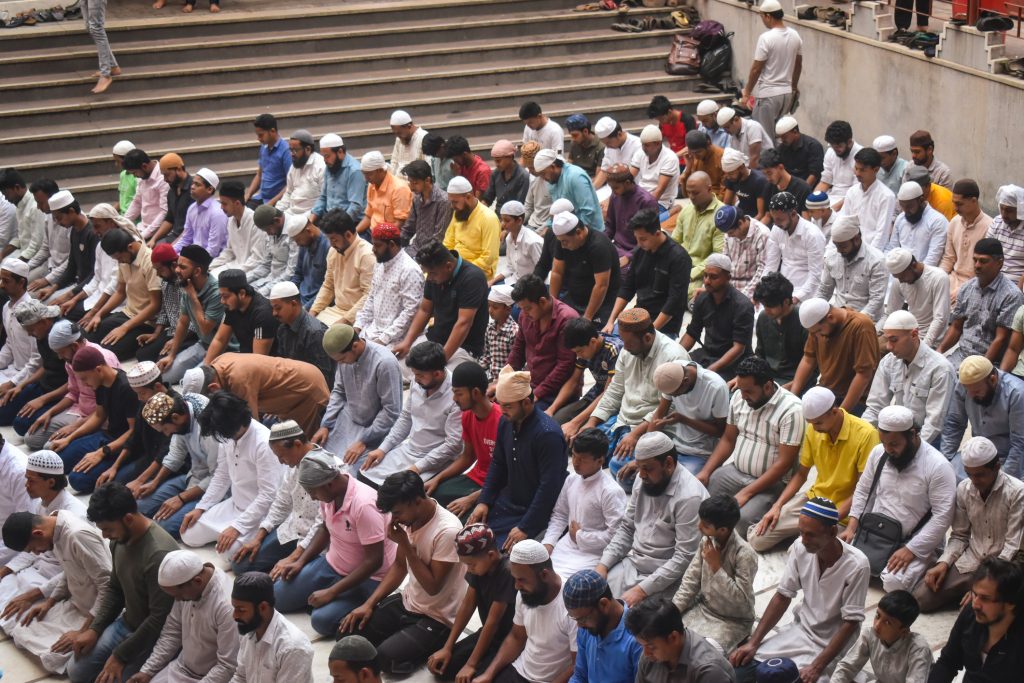
This series examines religious law as a human rights issue. Drawing on a variety of cases, contributors explain how Muslim and Jewish law and adjudication operate in the secular legal system of the United Kingdom and the mixed legal order of the State of Israel; how religion is being utilized to alienate religious minorities in Iran and Pakistan; and why traditional courts sometimes successfully replace secular legal institutions in serving justice in Kyrgyzstan.
Posts in the Series:
Ori Aronson. Border Disputes: Religious Adjudication Along the Private-Public Nexus in Israel
Brandon Reece Taylorian. Islamic Law in the United Kingdom
Akif Tahiiev. Religious Freedom and Exclusion in Religious Legal Systems: Cases of Bahá’ís in Iran and Ahmadis in Pakistan
Natalia Alenkina. Localizing Justice: Law and Legality on the State’s Periphery in Kyrgyzstan

In this series, contributors discuss the naming of religious entities as a religious freedom issue. Focusing on Australia, Bulgaria, Estonia, Poland, Romania, Spain, and Ukraine, they analyze regulations implemented or considered in these states to restrict the autonomy of religious groups in choosing a name.
Posts in the Series:
Dmytro Vovk. Restricting Religious Names: Three Recent Cases
Jeremy Patrick. Legal Restrictions on Names of Religious Groups in Australia
Alberto Jose Ferrari Puerta. Your Name Is Religion: Public Authorities’ Assessment of Faith Groups in the Spanish Registration System
Cǎtǎlin Raiu & Mihai Miron. Naming of Religious Organization in Romania
Mieczysław Różański & Piotr Szymaniec. Names of Churches and Religious Associations in Poland
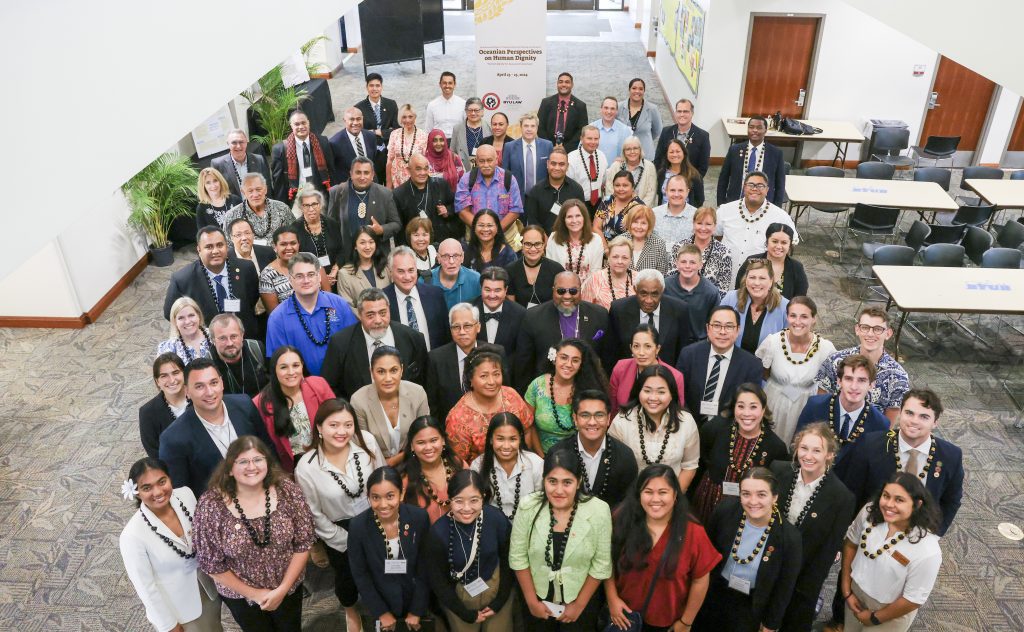
From 23 to 25 April 2024, the ICLRS, along with BYU–Hawaii and the BYU–Hawaii Religious Freedom and Human Dignity Initiative, cosponsored the second annual conference dedicated to Asia-Pacific perspectives on human dignity. Held at BYU–Hawaii in Laie, Oahu, Hawaii, the 2024 conference, “Oceanian Perspectives on Human Dignity,” featured insights on human dignity from scholars, students, government leaders, religious leaders, and civil society actors from various Oceanian countries. One purpose of the conference was to inform government leaders, policymakers, civil society leaders, and other decision-makers, as they seek to find new and better ways to address the unique challenges of Pacific communities.
The posts featured below are illustrative of the diverse array of perspectives offered at the conference. Videos of all conference panels and speakers can be found here.
Rev. James S. Bhagwan. Human Dignity from the Perspectives of the Pasifika Household of God
Nemani Delaibatiki. Human Dignity and the Media in Fiji
Siotame Drew Havea. Civil Society’s Role in Building a Culture of Dignity in Tonga
Gregg J. Kinkley. Human Dignity in Hawaii: The Quest for Purpose, Place, and Rights
Valerie Joy Canaya Agustin. A Student’s Reflections: Oceanian Perspectives on Human Dignity Conference
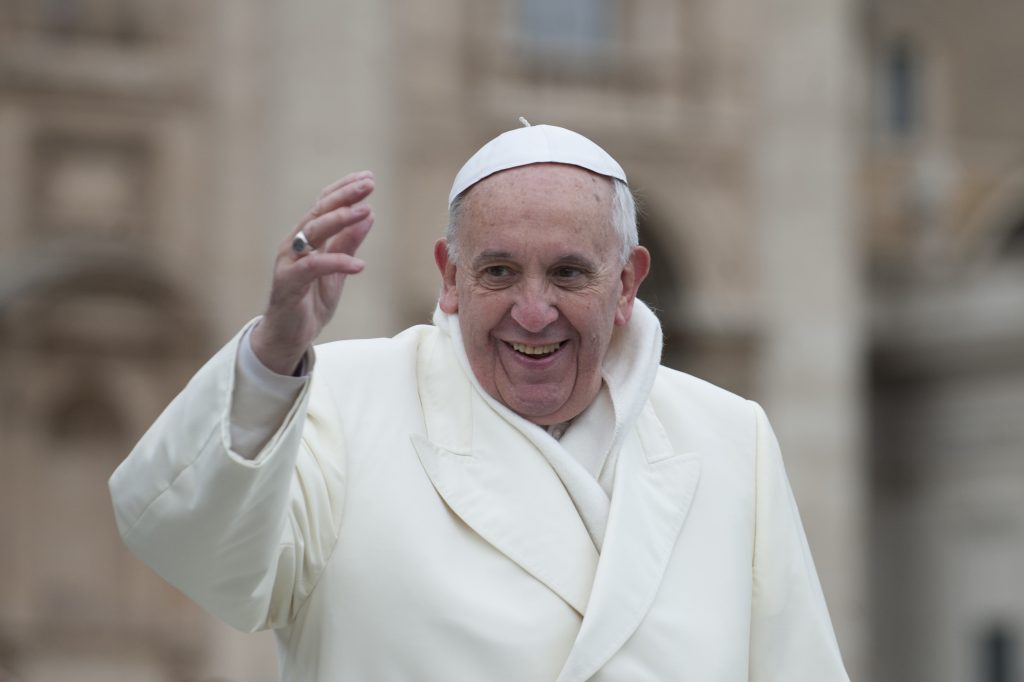
The series brings together a group of Catholic thinkers to reflect on Pope Francis’s pontificate and legacy. The authors discuss the late Pope’s contribution to peacebuilding, human dignity, social justice, and environmentalism in addition to his reforms, often revolutionary, of Catholic theology, canon law, and the Church’s internal life. Pointing to peaks and valleys of the first Jesuit pope’s rule, they depict him as an extraordinary religious leader, tireless promoter of peace across the globe, and persistent defender of the vulnerable.
Rev. Thomas Massaro, S.J. How the Papacy of the First Jesuit Pope Will Be Remembered in the Distant Future
Ingeborg G. Gabriel. A Big Heart Open to God: Notes on the Legacy of Pope Francis
Antonio Autiero. Francesco: Twelve Years Later
Montserrat Gas-Aixendri. Francis’s Legal Revolution: A Reforming Impulse with Many Lights and Some Shadows
Greg Marcar. Francis I: Public Theologian
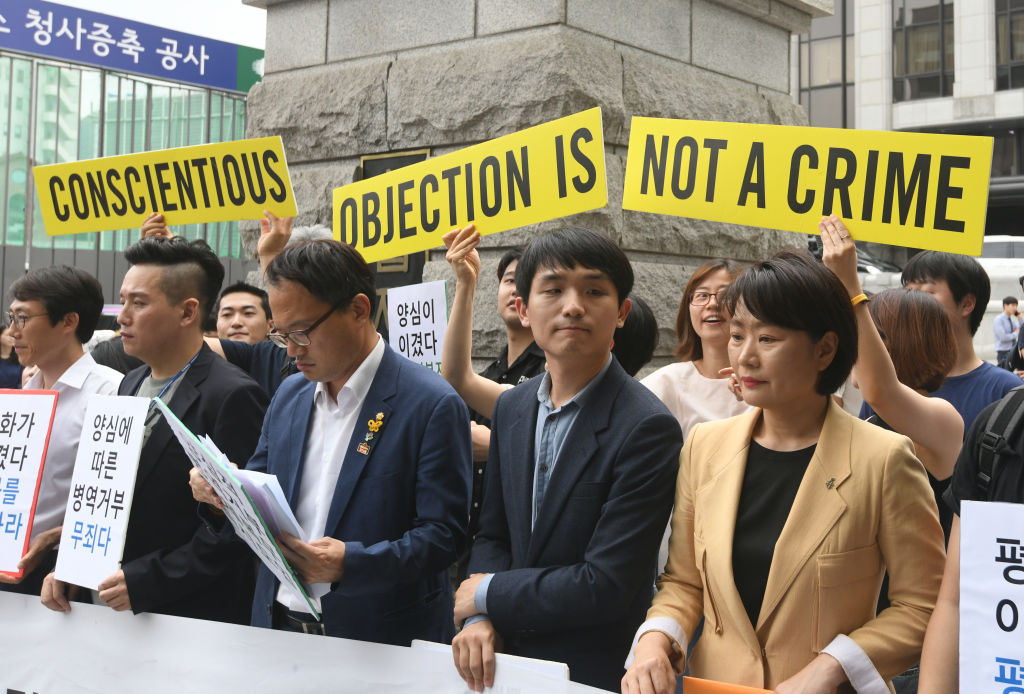
Conscientious Objection to the Military Service: A Right in Progress
The right to conscientiously object to the military service is well established in international law and “can be derived from the right to freedom of thought, conscience and religion or belief.” However, in many countries across the globe, believers of different religions and belief systems continue to face challenges in gaining access to alternative service and, more broadly, practicing their belief not to bear arms and participate in military service. This blog series provides case studies that illustrate such challenges in various contexts.
Mine Yildirim. Conscientious Objection to Military Service in Türkiye
Ihntaek Hwang. Fairness or Failure? The Punitive Nature of South Korea’s Alternative Service
Nikolay Hovhannisyan. Conscientious Objection: Context and Developments in Armenia
Moshe Jaffe. Torah, War, Politics, and the Supreme Court: The 2024 Military Service of Ultra-Orthodox Yeshiva Students Bill
Paola Goulart de Souza Spikes. Conscientious Objection to Military Service in Brazil
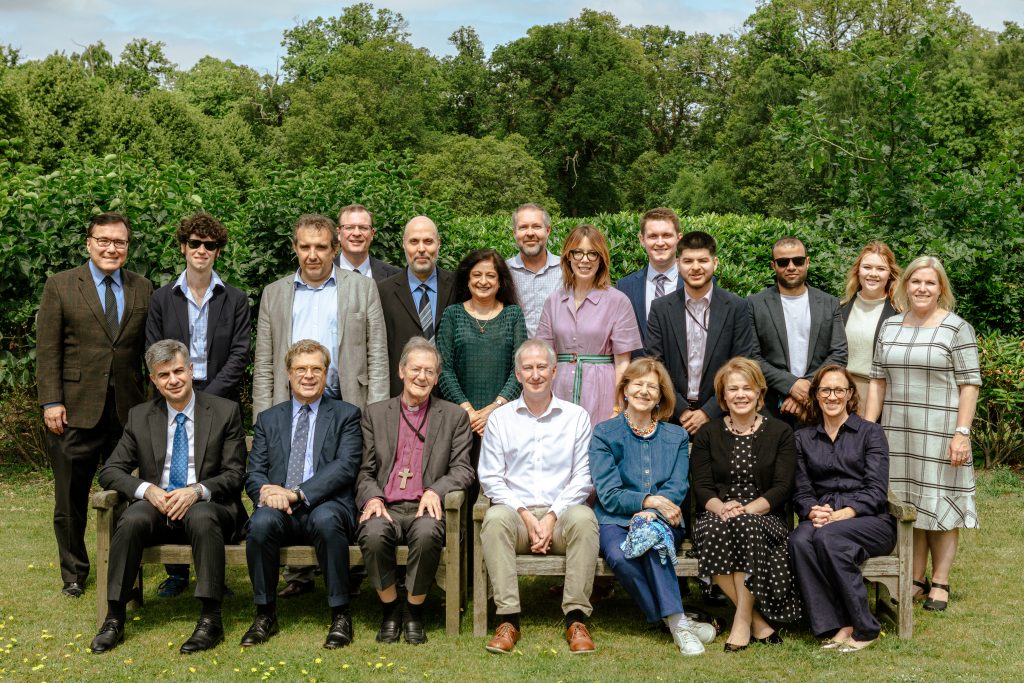
Marking the 10th Anniversary of the Yazidi Genocide
On 23–25 June 2024, the AMAR International Charitable Foundation reconvened its Windsor Dialogue conference series on the theme “The Journey from Outside to Inside,” focusing on the Yazidis’ ongoing journey from persecution to inclusion. Held at Cumberland Lodge, Windsor, the 2024 Dialogue discussed challenges Yazidis face as they transition from life in IDP camps to life in a now-devasted Sinjar region or elsewhere—challenges inherent in gathering a dispersed people and in making a faith portable, particularly when sacred land is integral to that faith. Several conference presentations can be found below.
Ewelina Ochab. Human Dignity and Proactive Approaches to the Prevention of Genocide
Sharon Eubank. Making Faith Portable and Gathering a Faith Community in the Face, and Aftermath, of Religious Persecution
Brett G. Scharffs. Institutions as Agents of Persecution and Inclusion of Minorities Faiths
Malcolm Minoo Deboo. The Zoastrian Community Post-Religious Persecution
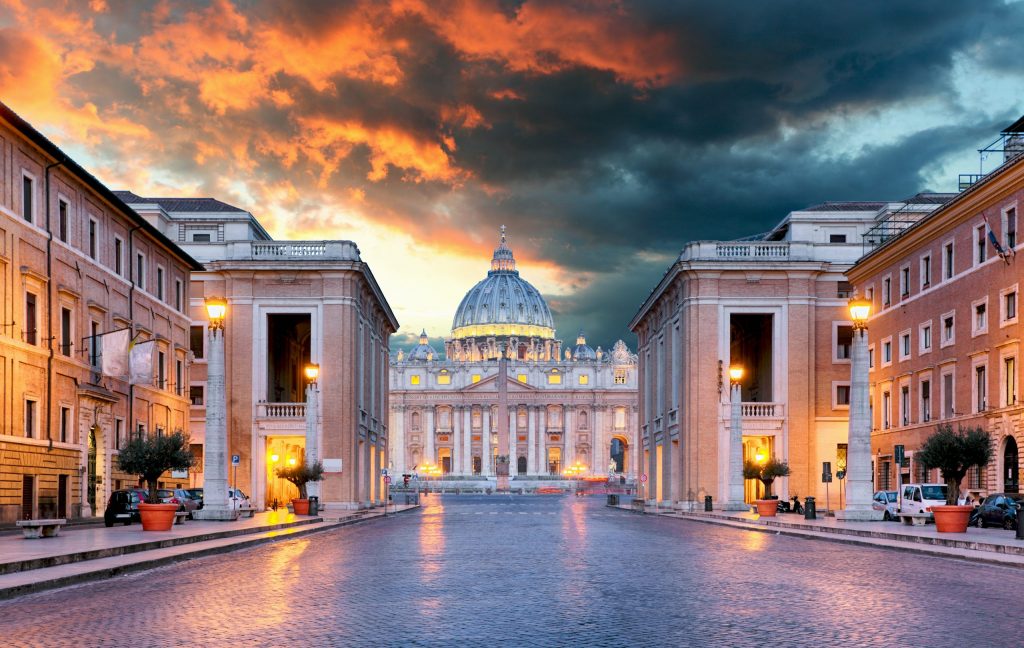
In this series, theologians and political and legal scholars reflect on the declaration and explore if and how the Holy See’s declaration Dignitas Infinita advances the Church’s teachings on human dignity, how it can help address dignity-related threats, and how it might (or might not) strengthen dignity as a basic value of human societies.
Antonio Autiero. Dignitas Infinita. A Theological Commentary
Paolo Carozza. Developing Our Understanding of Human Dignity for the Digital Age
Ingeborg G. Gabriel. Dignitas Infinita—Infinite Dignity. A Compendium of Catholic Ethics—and a Missed Chance
Rev. Thomas Massaro, S.J. Theological Perspectives on the Document Dignitas Infinita
Francisca Pérez-Madrid. What Does Dignitas Infinita Say about Gender?
Benedetta Vimercati. Why Should Human Dignity Be Defined as Infinite? Brief Reflections on Dignitas Infinita
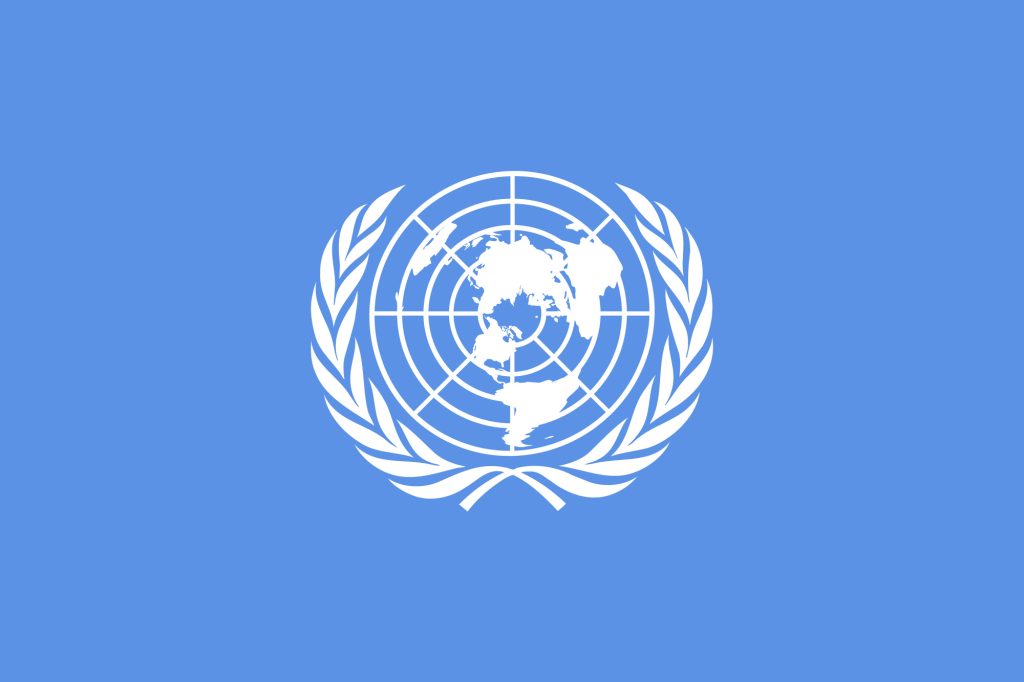
In January 2024, UN Special Rapporteur on freedom of religion or belief (FoRB) Nazila Ghanea published a new thematic report titled “Hatred on the Basis of Religion or Belief.” In this series, FoRB researchers and experts share their reflections on Ghanea’s report and, more broadly, on religiously motivated hatred and ways to address it.
Eugenia Relaño Pastor. Applying Vernacularization to Hate Speech Based on Religion or Belief: A Short Exploration
Montserrat Gas-Aixendri. Hatred on Religious Grounds and the Risk of Double Standards
Jagbir Jhutti-Johal. How Does Hate Speech Directed at One Community Affect Another Community?
Alberto Jose Ferrari Puerta. The Real Danger of Hate Speech and Its Impact on Vulnerable Groups
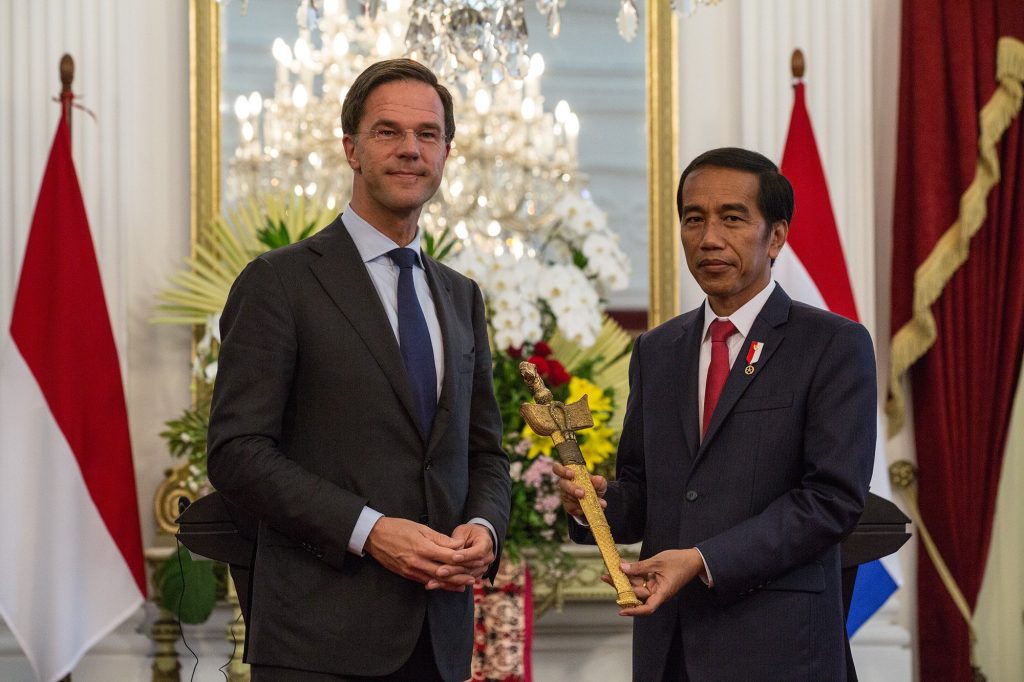
This series aims to explore the roles of colonialism and decolonization in the interaction of law and religion. Religion and religious institutions can be employed by the state to support its imperial expansion and facilitate the loyalty and cultural homogenization of colonized territories and populations. Religion can also be an important factor in post-colonial social, political and legal developments. …
David Kenny and Peter McCarthy. Religion and Law in Ireland’s Post-colonial Nation-Building
Andriy Fert and Dmytro Vovk. Spiritual Independence, National Security, and Religious Freedom: Squaring a Triangle in the Case of the Ukrainian Orthodox Church
Dicky Sofjan. Decolonizing the Indonesian Penal Code
Piotr Szymaniec. Communist Law and the Protection of Religious Freedom in Poland
Ana Cristina Melo de Pontes Botelho. Portuguese Colonization, Catholic Faith, and the Relativization of Secularism in the Jurisprudence of Brazil’s Supreme Cour
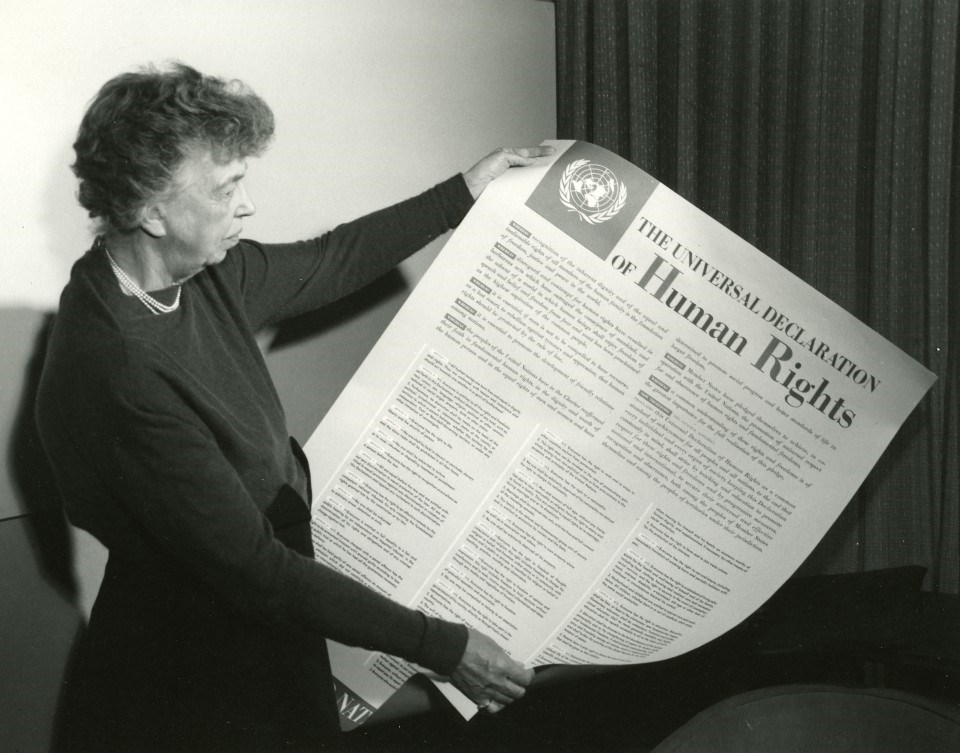
This blog series focuses on some of the relatively unexplored UDHR drafters and contexts, shedding light on the moral and philosophical foundations, personal stories, conceptual debates, political concerns, and geopolitical clashes behind the development of the international bill of rights.
Kristina Arriaga. Lives on Hyphens: The Transformative Influence of Chilean and Cuban Delegates on Economic and Social Rights Within the Universal Declaration of Human Rights
Renae Barker. Colonel William Roy Hodgson: Australia’s Forgotten Contributor to the Development of International Human Rights
Paul Martens. The Appeal of Dignity: John Peters Humphrey and the Universal Declaration of Human Rights
Fearghas O’Beara. Charles Dukes: A Prisoner of Conscience Who Helped Draft the Universal Declaration of Human Rights
Dmytro Vovk. The Universal Declaration of Human Rights and Soviet Law
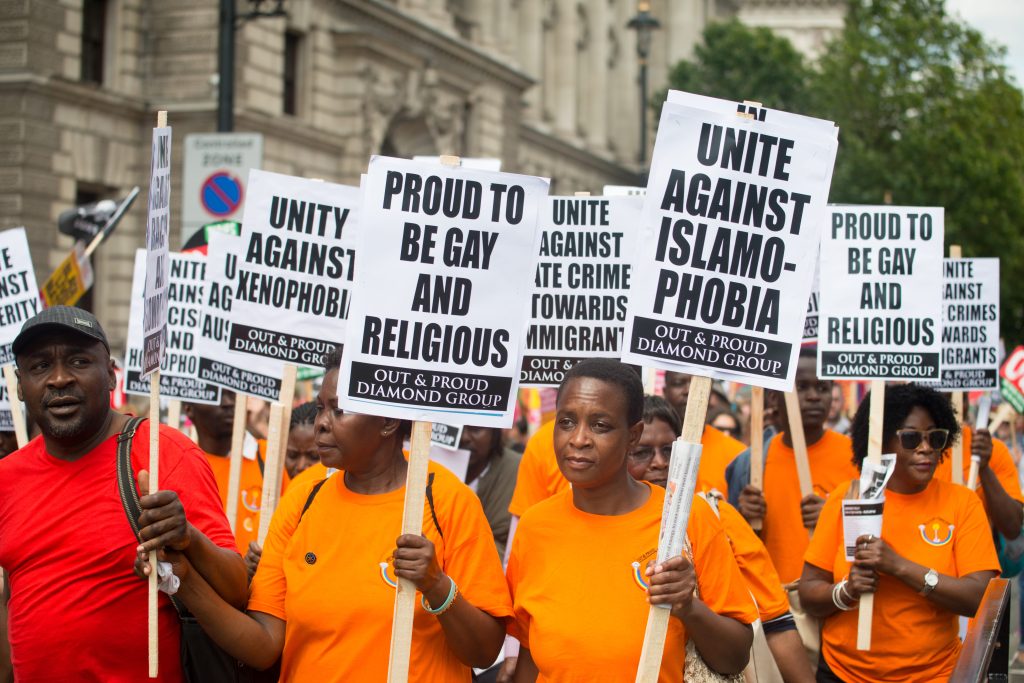
This series contributes to the discussion of the UN Independent Expert on SOGI report. The series authors—scholars and practitioners with expertise in religious freedom and gender issues—touch on both the conceptual premises of the report and the workability of solutions offered by the UN Independent Expert.
Marie Juul Petersen and Dmytro Vovk. A Promise of Human Freedom: Synergies Between the Right to Freedom of Religion or Belief and LGBTQI+ Rights
Thiago Alves Pinto. Freedom of Religion or Belief and the Rights of LGBT+ Persons in Accordance with the Gospel of the UN Independent Expert on SOGI Rights
Montserrat Gas Aixendi. Freedom of Religious Expression, Hate Speech, and Discrimination Based on Sexual Orientation and Gender Identity
Christine Venter. Human Rights for Everyone, Everywhere: The Report of the Independent Expert on Protection Against Violence and Discrimination Based on Sexuality and Gender
Dmytro Vovk. Is Homocolonialism a Sound Argument to Advance Human Rights for LGBTQ+ People?
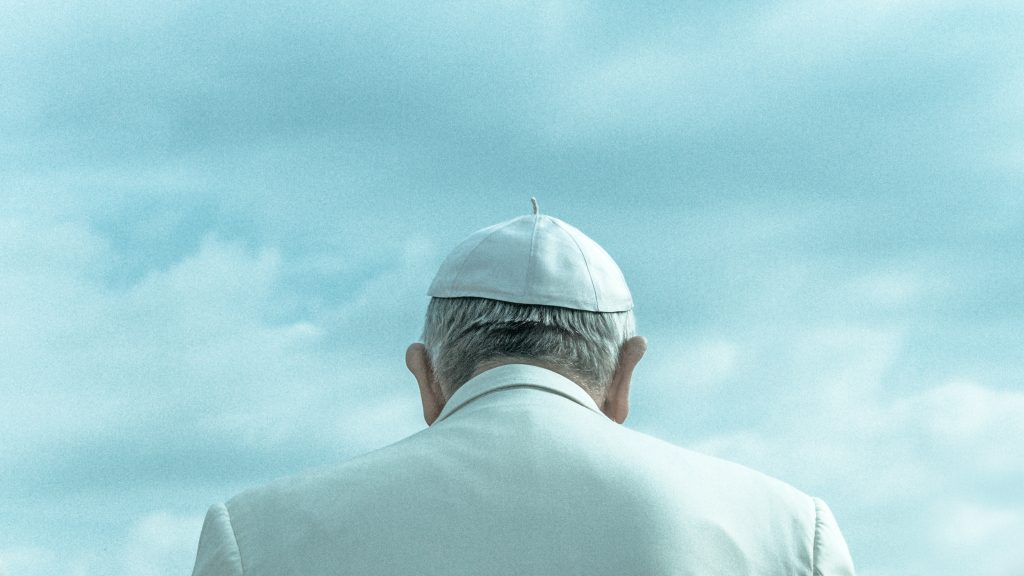
Series authors discuss the Pope’s approach to the war and, more broadly, his vision of just war and just peace from theological, historical, political, and inter-Catholic perspectives. Specifically, they elaborate on the nature of the Vatican’s neutrality, conflicts between Catholic ethics and the Vatican’s politics, the influence of the war on the Vatican’s Ostpolitik, and the possible contributions of Catholic theology to dealing with war crimes committed in Ukraine, including potential ecocide.
Regina Elsner. Hybrid Neutrality as the Deadlock: The Pope’s Approach to the Russia-Ukraine War
Pavlo Smytsnyuk. Pope Francis’s Humanitarian Diplomacy for Ukraine: Between Peacemaking and Geopolitics
Thomas Mark Németh. The Ukrainian Greek Catholic Church, Pope Francis, and Russia’s War Against Ukraine
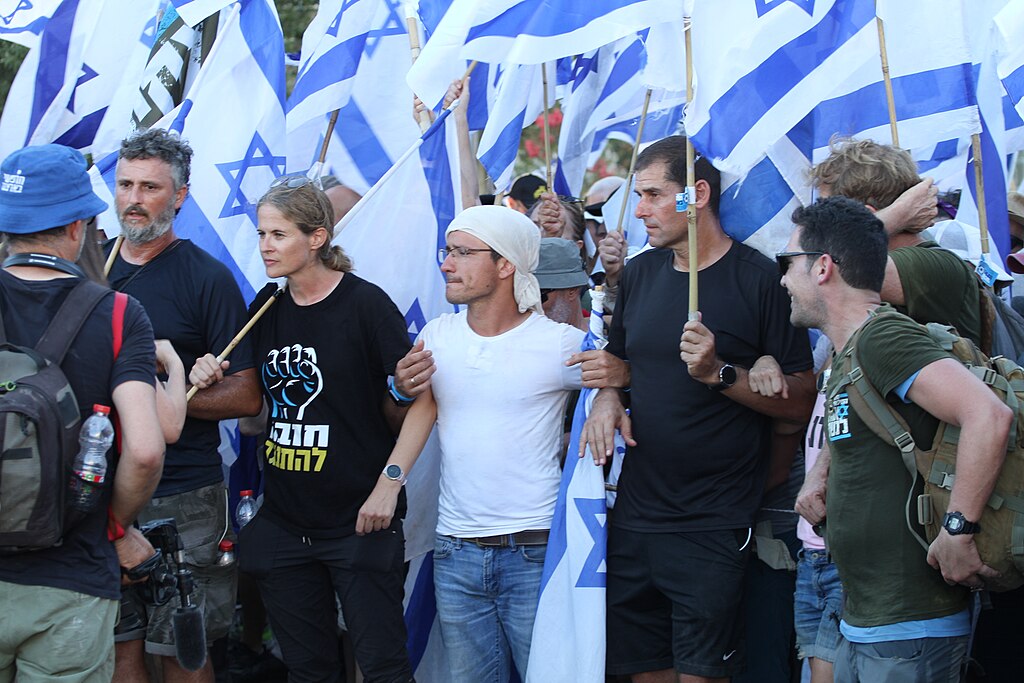
Many observers call Israel’s current constitutional crisis the biggest political challenge for the state since its establishment in 1948. Both parties—the coalition government and the opposition, as well as their supporters—are extremely polarized, with little room for compromise. While the major cause of the crisis (the reform of Israel’s Supreme Court) seems to be purely secular, a deeper look reveals a variety of religious aspects to the crisis.
Interview: Ori Aronson on Religion and the Constitutional Crisis in Israel
Gila Stopler. The Radical Regime Transformation in Israel Marks the Start of an Intra-Jewish Religious War
Moshe Jaffe. The Impact of Israeli Judicial Reform on Freedom of/from Religion

Following our previous series on (un)friendly algorithms and human rights, this series traces the historical roots of using machines for spiritual purposes and discusses the phenomenon of the sacralization of AI as a new “omnipresent, omniscient, and omnipotent” deity (Razmetaeva); argues that AI encourages the commodification of religious experiences, turning believers into consumers of “superior religious services” (Eddebo); and asserts that “tech giants and their algorithms” are the latest iteration of destructive monsters that have oppressed human freedom and rights since early modern times (Rochow).
Yulia Razmetaeva. Sacralization of AI
Johan Eddebo. AI and Commodification of Religion
Neville Rochow. Another Case of Déjà-Vu: The Sacrifice of Conscience to Monsters
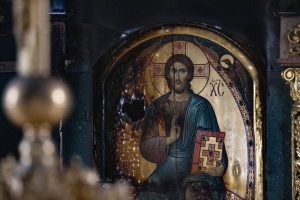
In March 2022, after Russia’s full-scale attack on Ukraine had begun, we published a series exploring the role of religion in the war. In that series, we argued that the religious component of the conflict has manifested itself in a variety of aspects: from religious justification and rhetoric employed by Russian President Vladimir Putin, to the perception of the war by Russian and Ukrainian Orthodox churches, to threats to religious freedom in territories under Russian control. Commemorating the first-year anniversary of Russia’s invasion, we provide an update on these topics.
Jerry G. Pankhurst. Both Symptom and Cause: Four Problems in Eastern Orthodoxy Reflected in the Ukraine War
Robert C. Blitt. Russia’s Constitutionalized Civilizational Identity and the Moscow Patriarchate’s War on Ukraine
Alar Kilp. The Role of the ROC in the Sacralization of Secular Imperial Nationalism
Regina Elsner. No End to the Dead End? The Difficult Relationship Between the Ukrainian Orthodox Church and the Moscow Patriarchate
Catherine Wanner. The Effects of War and Collaboration on Trust in Ukraine
Andriy Fert. Between Scylla and Charybdis: The Ukrainian Orthodox Parish During the War
Dmytro Vovk. Not My Church: Ukraine’s New Draft Law Dealing with the Ukraine Orthodox Church of (not) the Moscow Patriarchate
Michelle Coleman. The War and Religion in Ukraine: The Role of NGOs in Evidence Collection for Future International Trial
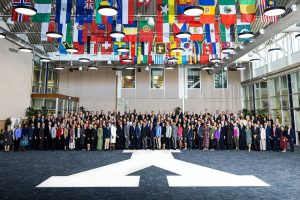
The ICLRS held its 29th Annual International Law and Religion Symposium, “Religion’s Roles in Peacebuilding,” 1–5 October 2022. While the Covid pandemic restricted Symposia to online meetings in 2020 and 2021, this year’s Symposium gathered more than 80 delegates from 40 countries for sessions and related events at the J. Reuben Clark Law School, Brigham Young University, and in Salt Lake City, Utah, USA. The following select presentations are illustrative of the depth and breadth of the Symposium’s 90-plus presentations.
Daniel Philpott. Religion and Peace
Sharon Eubank. Religion’s Roles in Peacebuilding: Religion and Interfaith Engagement in Times of Conflict and Disaster
James Christie. Understanding Religion’s Roles in Peacebuilding
Asma Redi Baleker. Religion’s Roles in Peacebuilding in Ethiopia: Religion and Interfaith Engagement in Times of Conflict and Disaster
Elizabeth A. Clark. Enemies and Brothers
Andrew Teal. Fidei Defensor
Carlos Bernal Pulido. The Role of Religious Groups in the 2016 Colombian Plebiscite for Peace and Implementation of the Peace Agreement
Rakesh Naidoo. A New Zealand Police Perspective on Religions’ Roles in Peacebuilding
Andrew Methven. The AMAR Foundation: Remedies to Religious Persecution, Lessons in Peacebuilding
Jennifer G. Woods. Peacebuilding and the Seventh-day Adventist Church
Muhammadou M.O. Kah. Religions’ Roles in Peacebuilding in The Gambia
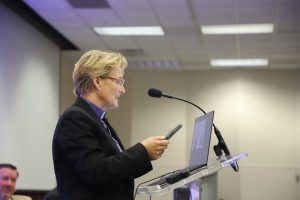
The 2022 Religious Freedom Annual Review, held on 16 June at Brigham Young University, focused on the theme “Living Peaceably: Religious Freedom as a Foundation for Religious Harmony.” Panelists in the opening plenary session shared personal reflections on “Why Religious Freedom Matters to Me.” Edited summaries of their presentations are available below:
Reverend Marian Edmonds-Allen. Why Religious Freedom Matters to Me
Simran Jeet Singh.Why Religious Freedom Matters to Me
Chris Seiple. Why Religious Freedom Matters to Me
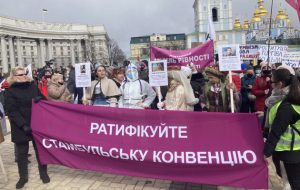
In September 2022 The Review of Faith & International Affairs published an issue dedicated to freedom of religion or belief (FoRB) and women’s rights across the OSCE region. The issue brought together a broad and rich variety of papers focusing on international law issues; the role religions and religious freedom play in the promotion of gender equality, as well as in religion-related reservations and political opposition to relevant international law; and tensions between religious organizations and human rights defenders working in this sphere. In this series, we continue exploring this multifaceted topic.
Interview: Nazila Ghanea on Freedom of Religion or Belief and Gender Equality as Non-Clashing Rights
Marie Juul Petersen. Religion, Gender, and Sexuality: Three Points on Freedom of Religion or Belief
Montserrat Gas Aixendri. How to Make Progress on Gender Equality Without Decreasing Religious Freedom: The OSCE Context
Regina Elsner. Ukrainian Churches and the Implementation of the Istanbul Convention in Ukraine: Being European Without Accepting “Gender”
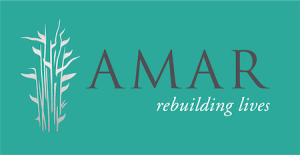
In 2022, the ICLRS cosponsored two conferences as part of The AMAR International Charitable Foundation’s Windsor Dialogue series. The following posts, summarizing conference presentations, are representative of just some of the expertise and viewpoints shared during the 2022 Windsor Dialogue conferences.
Bishop Alastair Redfern. Fostering Frameworks that Set People Free
Sharon Eubank. Eight Years, Three Steps
Alastair Ager. A Faith‑Sensitive Approach in Humanitarian Response
Maryanne Loughry. The Promotion of Music, Mental Health, and Preservation of Culture and Religion to International Agencies
Fitzroy Morrissey. Islamic Views on Music
Erin Bailey. Impact of Music Participation on the Psychological Wellbeing of Refugees
Aldo Zammit Borda. Why Iraq Should Enact Laws Criminalizing Genocide
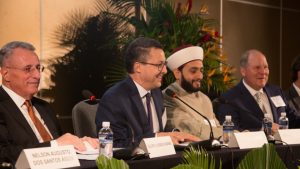
The First Brazilian Symposium on Religious Freedom was held in Rio de Janeiro, 23–25 March 2022. The symposium was organized by the Brazilian Center of Studies in Law and Religion and the International Center for Law and Religion Studies of the J. Reuben Clark Law School, Brigham Young University. Participants included dozens of leaders from religious organizations, academic institutions, government entities, and nongovernmental and civil society organizations—from Brazil and other Latin American countries, the United States, and Europe. The following summaries provide a small glimpse into ideas exchanged at this first-of-its-kind event
Edna Vasconcelos Zilli. Panorama of Religious Coexistence in Brazil
Marcio Henrique Pereira Ponzilacqua. Law, Religion, and Society: Sociology’s View of Law and Religion
Ruth Junginger de Andrade. Thoughts on Law, Religion, and Society
Carmen Asiaín Pereira. The Reception of the Right to Religious Freedom in Latin America
Carmen Asiaín Pereira. La Recepción del Derecho de Libertad Religiosa en América Latina
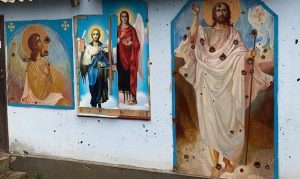
The religious component of the Russian-Ukrainian war has manifested itself in a variety of aspects: from religious justification and rhetoric employed by Russian president Vladimir Putin, to the perception of the war by Russian and Ukrainian Orthodox churches, to the dramatic situation with religious freedom in the territories under Russia and its proxies’ control. These and other issues are discussed in this series.
- Dmytro Vovk. Religion and the Russian-Ukrainian Conflict
- Elizaveta Gaufman. Religion, the Russian-Ukrainian War, and Social Media
- Regina Elsner. The End of Unity: How the Russian Orthodox Church Lost Ukraine
- Andriy Fert. Pray Against Foreign Invasion or Pray for Peace? Ukrainian Orthodox Churches and the Russian-Ukrainian War
- Andrea Pin. The Madness of War and the Weapons of the Spirit: The Catholic Church and Peace for Ukraine
- Kristina Stoeckl. The Use of Religious Arguments for the Justification of the Russian Invasion of Ukraine
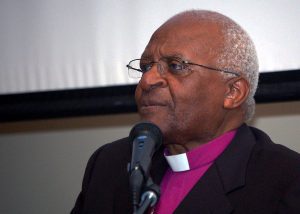
The series contains tributes to Archbishop Desmond Tutu who recently passed away. The posts commemorate Tutu’s life-long efforts to promote peace, reconciliation, and human dignity and reflect on his legacy as a theologian and human rights advocate
- Christine Venter. Archbishop Tutu and the People Left in the Dust
- Greg Marcar. Being (W)holy Selfish with Desmond Tutu
- Lee-Shae Salma Scharnick Udemans. Religious Privilege and Intolerance: Unveiling the Rainbow Nation
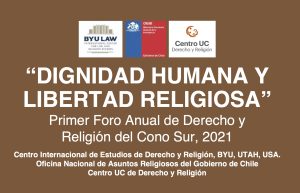
The First Annual Forum on Law and Religion of the Southern Cone, “Human Dignity and Religious Freedom,” was held in Santiago, Chile, 28–29 October 2021. The forum was sponsored by BYU’s International Center for Law and Religion Studies, the Chilean government’s National Office of Religious Affairs, and the Center for Law and Religion at Pontifical Catholic University of Chile. Below are links to select forum remarks, available in both Spanish and English
- Elder D. Todd Christofferson, Religious Liberty: The Basis of a Free and Just Society
- Elder D. Todd Christofferson, Libertad religiosa: La base de una sociedad libre y justa
- Gary Doxey, What Should a Constitution Contain in Regard to Religious Freedom?
- Gary Doxey, ¿Qué debe contener una constitución en materia de libertad religiosa?
- Reyna I. Aburto, Panelist: The Social Role of Religious and Faith Communities
- Reyna I. Aburto, Panelista: El rol social de las religiones y las comunidades de fe
- Christina Tobias-Nahi, Panelist: The Social Role of Religious and Faith Communities
- Christina Tobias-Nahi, Panelista: El rol social de las religiones y las comunidades de fe
- Ana María Celis Brunet, Remarks on the Punta del Este Declaration on Human Dignity for Everyone Everywhere
- Ana María Celis Brunet, Comentario: La Declaración del Punta del Este sobre la dignidad humana para todos en todo lugar
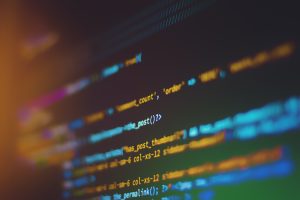
This blog series explores some threats that digital technologies can create to freedom of religion or belief and other human rights.
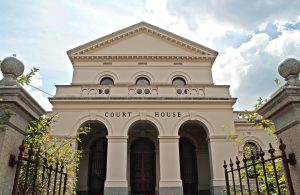
In this series, we provide different perspectives on religion and judging. Five contributors, academics and a U.S. federal judge explore religious diversity and the judiciary, interplays between religious convictions and judicial ethics, and the role of religion and religious beliefs in professional and personal biographies of judges.
- Jeremy Patrick. Fair Reflection of Religious Affiliation and the High Court of Australia
- David G. Campbell. Is Religious Devotion Consistent with Good Judging?
- Andrea Pin. Religious Rulings and Nonreligious Judges: The Importance of Legal Education
- Christine Venter. What South Africa Doesn’t Need in a New Chief Justice: One Who Will Bring Religion into the Public Sphere
- David Kenny. Mr. Justice Brian Walsh, the Natural Law, and Irish Catholicism
- Adelaide Madera. Taking Judges’ Religion Seriously: Some Reflections Based on U.S. and Italian Cases

The International Center for Law and Religion Studies speakers at the 2021 G20 Interfaith Forum Summit in Bologna, Italy along with leaders from The Church of Jesus Christ of Latter-day Saints. Summit Theme is “A Time to Heal.”
- Cole Durham, Jr., Welcome and Overview
- Elder Ronald A. Rasband, Religious Freedom and Its Impact on Minority Religions
- Sister Sharon Eubank, Religious Commitments to Global Sustainable Development Focusing on Child Hunger, Water, and Sanitation
- Brett G. Scharffs, Our “Kairos” Moment: The G20 and the Challenge of Immunizing the World
- David H. Moore, Religion’s Impact on World Issues and the Necessity of Freedom of Religion
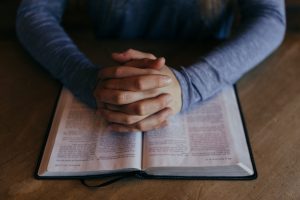
In June 2021 the ICLRS Blog, “Talk About: Law and Religion,” hosted a webinar on advancing religious freedom in different political regimes. The panelists (Brett G. Scharffs, Seng Mai Aung, Ján Figeľ, Mine Yildirim, Knox Thames, and Elizabeth A. Clark) talked about their personal experiences in Iraq, Myanmar, Pakistan, Turkey, and Uzbekistan focusing on challenges and restrictions religious and belief communities face in these countries and other parts of the world.
- Brett G. Scharffs & Seng Mai Aung, Religious Freedom in Difficult Places
- Jan Figel’, Advancing Religious Freedom in Different Political Regimes
- Mine Yildirim, In for the Long Haul—Advocating for Freedom of Religion or Belief
- Knox Thames, Saving Iraqi Religious Minorities and Their Heritage
- Elizabeth A. Clark, Advancing Religious Freedom in Different Political Regimes in Theory and Practice
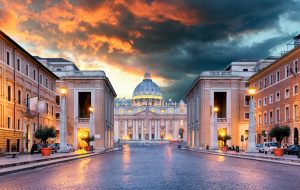
This series offers a set of essays written from various perspectives—Catholic, Orthodox, and secular—and with different outcomes—more positive and supportive, and more critical—concerning both ideas and approaches articulated in the 2019 Declaration and its political implications.
- Andrea Pin. The Place of Religion in the Public Sphere: Speaking the Unspeakable
- Montserrat Gas Aixendri. Contemporary Challenges of Religious Freedom: State Neutrality and the Role of Religion in Public Life
- Mirjam Künkler&Tine Stein. Böckenförde, Religious Freedom and the Open Neutrality of the State
- Jeremy Patrick. Neutrality and “Religious Freedom for the Good of All”
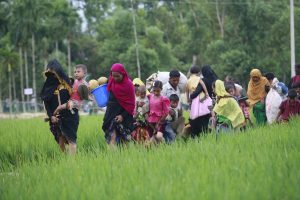
In this series we discuss the conception “grievous religious persecution” developed by Werner Nicolaas Nel in his recently published book.
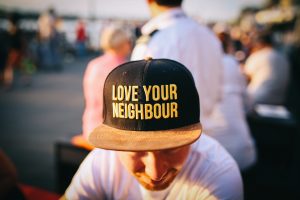
In this series, we look at the individualization of religious beliefs through lenses of social philosophy, religious studies, and law.
- Paolo Costa. Secularization is (Also) Individualization
- Jeremy Patrick. Individual Spirituality and Establishment
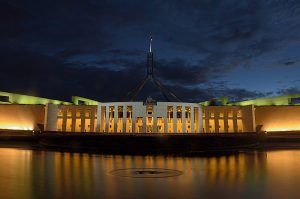
This series develops the theme we were discussing in one of our previous conversations: the normative, political, and symbolic role of mentioning God in the Australian Constitutions.
- Nicholas Aroney. God and Religion in the Australian Constitution
- Alex Deagon. The Symbolic Significance of God in the Australian Constitution
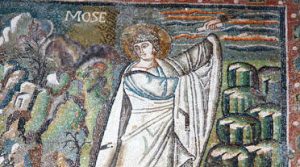
This series explores the normative, interpretative, political, and symbolic role of mentioning God, the Trinity, and other sacraments in secular constitutions. The contributors consider the German, Greek, Irish, and Polish cases.
- Justin Collings. God in Grundgesetz
- Effie Focas. The Trinity, the “Prevailing Religion,” and the Greek Constitution
- David Kenny. God in the Irish Constitution
- Piotr Szymaniec. The Notion of God and Christian Heritage in Polish Constitutions

In October 2020, Fratelli tutti, Pope Francis’s new encyclical was released. This 287-paragraph document provides a Catholic perspective on a variety of questions from human dignity and political integration from the lack of public trust and peacemaking to the death penalty and fake news. Talk About: Law and Religion posts a series of theological and philosophical reflections on Fratelli tutti.
- Thomas Massaro. The Renewal of Catholic Social Concerns in Fratelli tutti
- Greg Marcar. Universal Love and Borderless Rights: Attending to Our Neighbour with Pope Francis and the Good Samaritan
- Mikhail Minakov. Universalist Response to Particularistic Regression: Political Philosophy behind the Pope Francis Encyclical Fratelli tutti
- Rafael Domingo. Fratelli tutti: A Marvelous Gift of Pope Francis
- Montserrat Gas-Aixendri. Religious Peacebuilding in Fratelli tutti
- Patrick Hornbeck. Pope Francis’s Politics of Love

- Marco Ventura: Introduction to the Conversation
- Paolo Costa: Prisoners of an Image Secularization as an Epidemic
- Regina Elsner: Digitalizing the Church? Different Contexts, Similar Theological Challenges in the Catholic and Orthodox Churches
- Jennifer Lane: Global Church and Home Church in The Church of Jesus Christ of Latter-day Saints
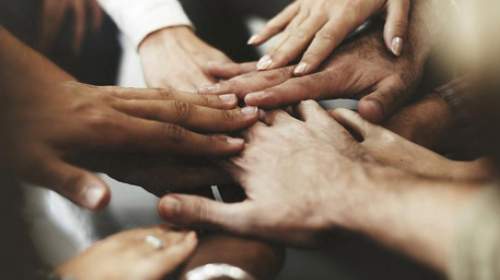
- Brett Scharffs and Brock Mason: Constitutional Cultures Creating Constitutional Space
- Alex Deagon: Towards a Constitutional Definition of Religion: Challenges and Prospects
- Jeremy Patrick: Individual Spirituality and the Future of Freedom of Religion
- Brett Scharffs and Brock Mason: Three Ways of Thinking about Reasonable Accommodation
- Neil Foster: Religious Freedom and Same Sex Marriage Laws: Constitutional and Other Issues
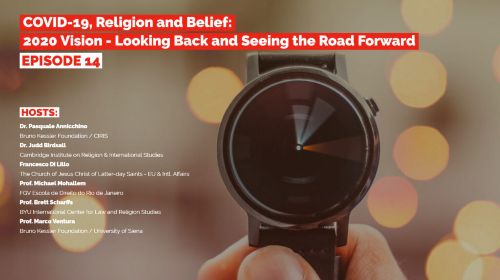
The Series Hosts join to reflect upon issues raised in the 14-part webinar series, COVID-19, Religion and Belief, sponsored by BYU International Center for Law and Religion Studies, The Church of Jesus Christ of Latter-day Saints European Office, Bruno Kessler Foundation / CIRIS and University of Sienna, FGV Escola de Direito do Rio de Janeiro, and the Cambridge Institute on Religion & International Studies.
- Brett Scharffs: Reflections upon the completion of the Covid-19 Webinar series
- Judd Birdsall: Reflections upon the completion of the Covid-19 Webinar series
- Pasquale Annicchino: Reflections upon the completion of the Covid-19 Webinar series
- Marco Ventura: Reflections upon the completion of the Covid-19 Webinar series
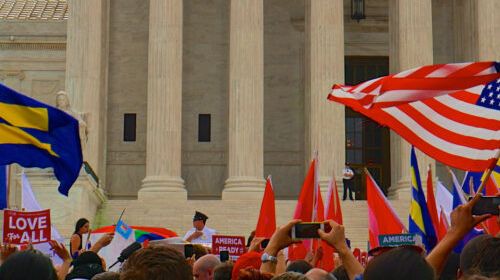
- Obergefell, Our Common Humanity, and Putting Children First
- Judicial Overreach and Reasonable Accommodation: Some British Reflection on the US Supreme Court Decision in Obergefell v. Hodges
- Postmodern Marriages for Postmodern Times: The Obergefell Case and the Strasbourg Court’s Jurisprudence
- Human Dignity, SOGI Claims, and the Obergefell Decision
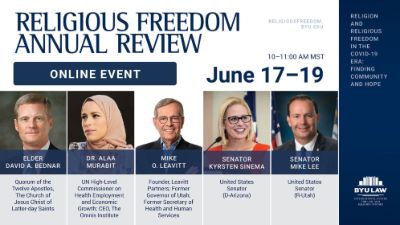
- Alaa Murabit: Why Religious Freedom Matters to Me
- David A. Bednar:And When He Came to Himself
- Religious Freedom Annual Review 2020: Discussion with Sentors Sinema and Lee
- Michael O. Leavitt: COVID-19: Present and Future Implications for Religious Groups, Individuals, and Society
- Elizabeth A. Clark: The Transformative Power of Loss: Finding Community and Hope for All
- Brett G. Scharffs: Religious Freedom in the Age of Coronavirus: Legal and Non-Legal Strategies for Finding Community and Hope
- Jane Wise: Religious Freedom Annual Review 2020: Reports on the Sessions
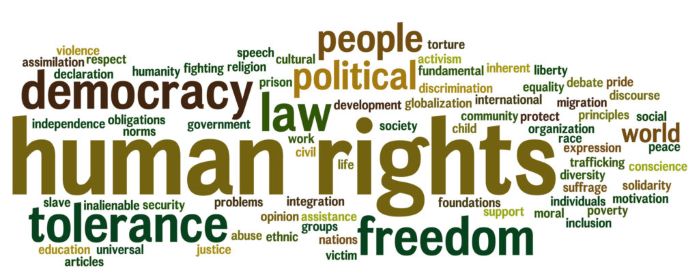
We have opened a conversation on the important and timely topic of Religion and the Rule of Law. Existing posts are listed below.
- Paul Gowder: Religion and the Rule of Law: Elements of Desperation and Inspiration
- Brett Scharffs: The World-Defining Contest between Monism and Dualism and the Future of Religious Freedom
- Andrea Pin: The Rule of Law and the Place of Religion: Lessons from the Pandemic
- Sohail Wahedi. Private Beliefs, Public Platforms and the Rule of Law
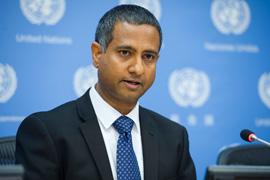
Participants representing academic and human rights institutions in the US, Spain, Turkey, and Germany weigh in.
- Eugenia Relaño Pastor: Can We Reconcile the Freedom of Religion with the Right to Be Free from Gender Discrimination?
- Mine Yıldırım: Synergy and Conflict—Competing and Overlapping Interests of Freedom of Religion or Belief and Equality
- Fairness for All: An Answer to the Special Rapporteur’s Call for a Practical Resolution between Freedom of Religion or Belief and LGBT+ Non-discrimination
- Montserrat Gas-Aixendri: Is Religious Autonomy a Threat to Gender Equality?
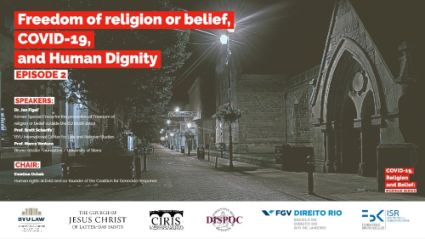
Developed from contributions to an international Webinar held 16 April 2010, Episode 2 of the Webinar Series COVID-19 and Freedom of Religion or Belief. Hear panelist addressing: How is this global emergency affecting our concept of human dignity? How can we ensure that restrictions to civil liberties that we accept for our collective safety respect human dignity and human rights?
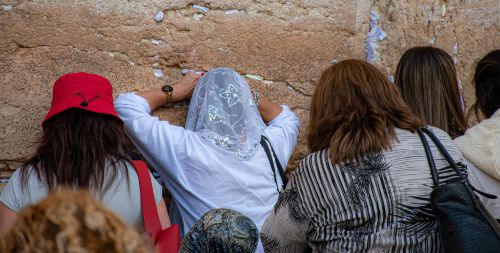

The creation of a new Orthodox Church of Ukraine in January 2019 provoked turmoil in the Global Orthodoxy and even impacted U.S.-Russian relations. In a new Talk About Conversation marking the first anniversary of this event, Elizabeth Clark introduces posts by Dmytro Vovk, Andriy Fert, Catherine Wanner and Tetiana Kalynychenko, Andrii Krawchuk, and Robert Blitt.
- Dmytro Vovk: Religious Policies under President Zelensky
- Andriy Fert: A Year after the Tomos: The Moscow Patriarchate’s Narratives About the New Church and Itself
- From Chaplains of Maidan to Military Chaplains: One Year after the Tomos
- Andrii Krawchuk: The Orthodox Church of Ukraine: Can Relations with the Russian Orthodox Church Be Normalized?
- Robert C. Blitt: U.S. Interference in Ukraine’s Autocephaly: An Ineffective, Unnecessary, and Unlikely Affair
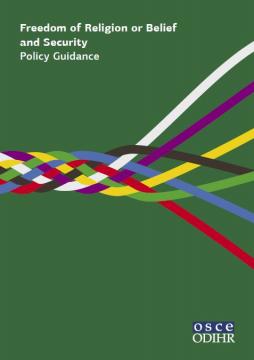
- Elizabeth A. Clark: Symbols, Speech, and Security
- Jane Wise: Modern Book-Burning: Protected Speech?
- Elizaveta Gaufman: More than a Feeling
- Jeroen Temperman: Freedom of Religion or Belief and Security – Some Reflections
- Mine Yıldırım: Security Measures and the Gender Dimension of Freedom of Religion or Belief
- Asma T. Uddin: More Security Does Not Require Less Freedom: The Case of the NYPD Surveillance Program
- Dmytro Vovk: The Names of Religious Groups and Security-Related Concerns
- Peter Weiderud: Let Freedom of Religion or Belief Pave the Way to Peaceful and Inclusive Societies
